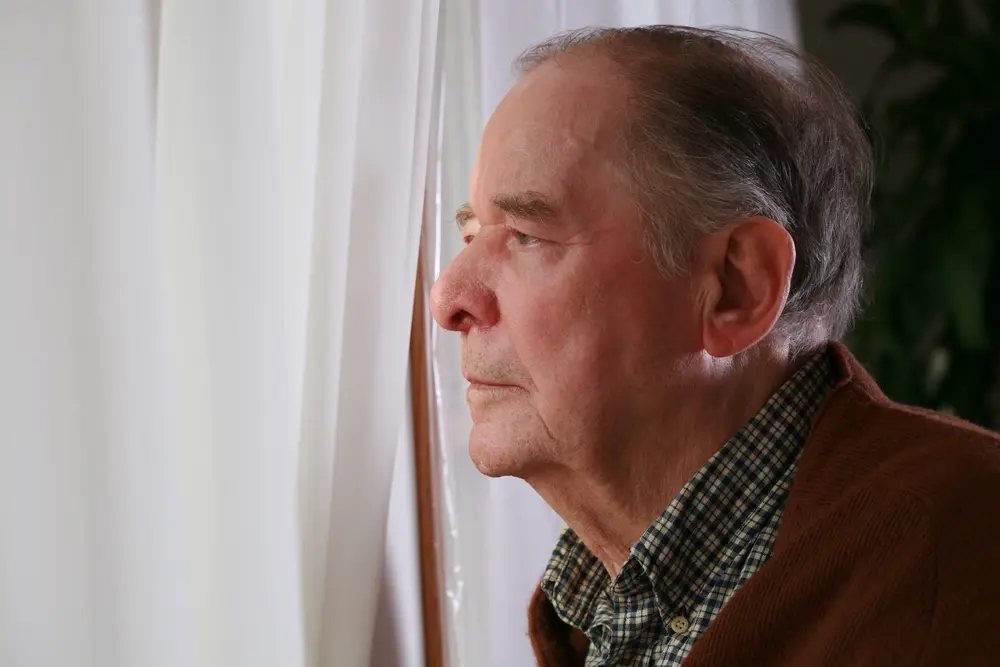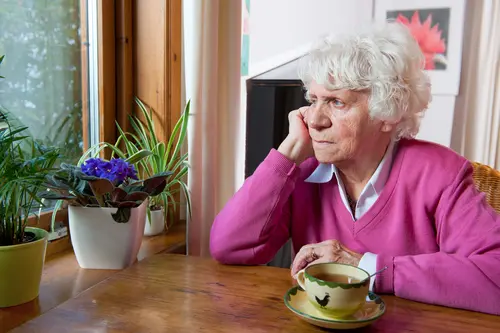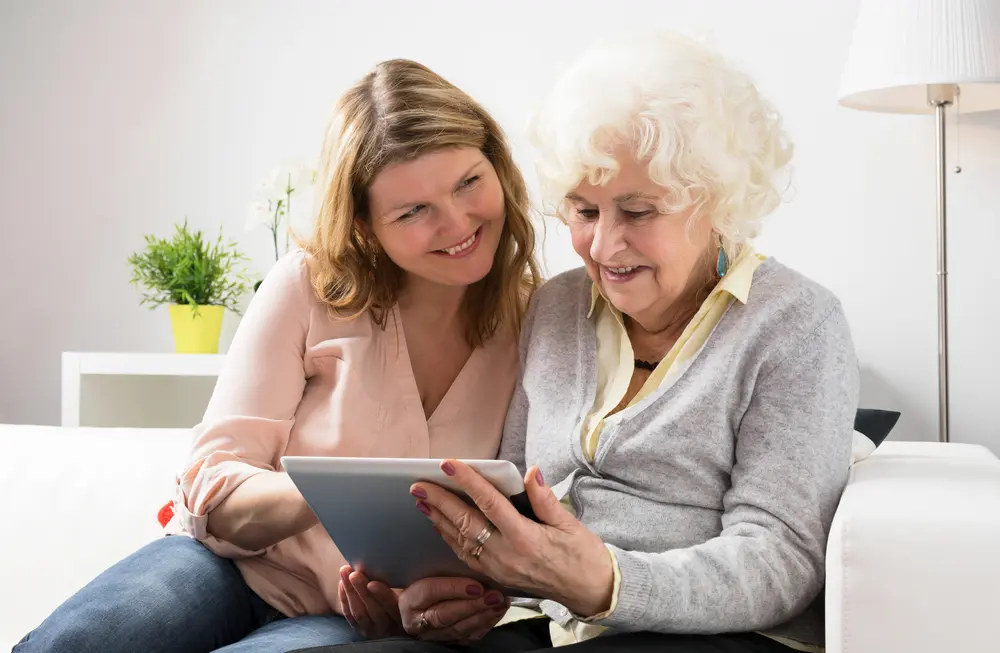The effects of social isolation can be pronounced, and may lead to a decline in overall health and wellbeing, in addition to feelings of depression or anxiety
Social isolation is a challenging reality for many older people.
The effects of social isolation can be pronounced, and may lead to a decline in overall health and wellbeing, in addition to feelings of depression or anxiety.
However, there are steps you can take to help alleviate the social isolation and loneliness your loved one may be encountering and enable them to pursue an active and healthy life.
Older people and social isolation
Social isolation affects a significant proportion of the UK’s older population. The following statistics were collated by Age UK:
- Over 1m older people feel that they often or always feel lonely.
- 600,000 older people leave the house once a week or less.
- 49% of over 65s cite television or pets as their main source of company.
- 49% of over 75s live alone.
- 12% of older people state they never spend time with family.
- 9% of older people feel trapped in their own home.
Social isolation is estimated to have the same detrimental health effects as smoking 15 cigarettes per day, and can double the risk of a person developing Alzheimer’s disease (Age UK).
What can I do to support my loved one?
There are plenty of immediate changes that you can make to help prevent your loved one from becoming socially isolated, including:
- Being present; arranging activities they can engage with and checking in regularly both in person and over the phone
- Helping them to find or arrange alternative transport options; providers include Dial-a-Ride, Royal Voluntary Service and local bus/taxi services
- Encouraging them to develop a social hobby or interest, such as indoor bowls, gardening club, bingo or bridge
- Putting forward the idea of getting a pet (if they still feel able to care for one)
- Ensuring any issues with hearing, vision or incontinence are alleviated promptly
How can live-in care prevent social isolation?
It’s not possible for you to be at your loved one’s side 24/7. But, with a live-in care team, they will receive the support that they need to stave off social isolation.
The care team will help to facilitate your loved one’s social endeavours, and provide companionship around the home.
At The Good Care Group, we select carers who are able to develop a strong professional relationship with older people, and who understand the importance of social reminiscence using photo albums, home video or other memory aids.
Our carers can help your loved one to continue living with their partner, even if they are both in need of support. A live-in care arrangement also enables them to stay close to their community, and even to keep looking after beloved pets.
No one wants to feel forgotten as time goes on, and older people have so much to offer in terms of lifetime experience, family history and humour when the right support is in place. Help to make a real difference to your loved one’s life by taking steps to ensure that they can avoid the negative effects associated with social isolation.
At The Good Care Group, we provide a personalised care service that ensures your loved one’s social and physical needs are met 24/7. If you would like to know more, simply call on our friendly team.



